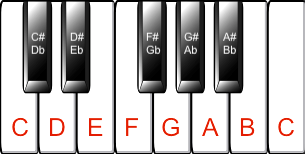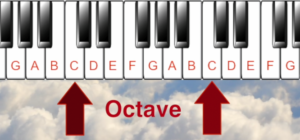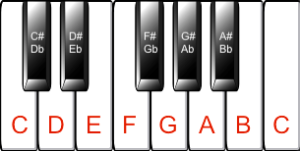
Tone Naming is the Starting Point
Music Theory Lesson: Tone Naming is the Starting Point
Objective:
To understand the importance and basics of tone naming in music theory, serving as a foundational skill for further musical learning and practice.
Introduction to Tone Naming
Definition:
Tone naming involves identifying and naming the pitches in music. It is the process of assigning specific names to musical sounds, typically using the letters C through B in Western music.
The Importance of Tone Naming
1. Foundation of Musical Language:
– Tone naming is the basic vocabulary of music. Just like learning the alphabet is essential for reading, understanding tone names is crucial for reading and writing music.
2. Facilitates Musical Learning:
– Knowing tone names aids in learning to play instruments, sing, and understand musical compositions.
3. Enables Accurate Communication:
– It allows musicians to communicate ideas clearly. For example, when a band member says,
“Let’s start at the C chord,” all members understand the starting point.
Basics of Tone Naming
The Musical Alphabet:
- Western music uses seven letters (C, D, E, F, G, A, B) to name tones. After B, the cycle repeats starting from C:

Octaves:
- Each cycle of the musical alphabet from C to the next C is called an octave. The same letter in a higher or lower octave represents a higher or lower pitch of the same tone:

Accidentals:
- Sharps and Flats:
– Between most notes, there are sharps and flats which are the semitones or half-steps between the natural notes. For example, C sharp is a half-step higher than C, and D flat is a half-step lower than D etc.:

Exercises
1. Identifying Tone Names:
– Practice naming the notes on a keyboard or any instryment you play.
2. Octave Identification:
– Identify notes in different octaves.
3. Accidentals Practice:
– Identify and name the sharp and flat notes on a piano or a musical staff.
Conclusion
Tone naming is a fundamental skill in music theory and practice. It lays the groundwork for other concepts like scales, chords, and harmony. Mastery of tone naming significantly enhances a musician’s ability to learn, perform, and communicate in the language of music.